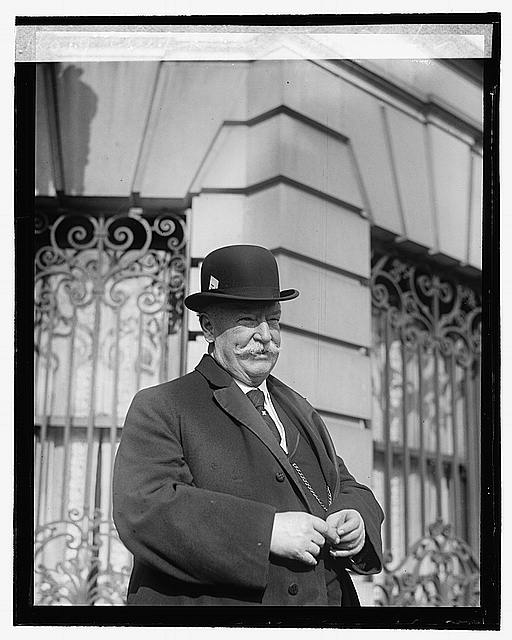The Extraterritorial Reach of Criminal Statutes
When federal statutes do not indicate how far they reach, courts apply a presumption against extraterritoriality to limit their geographic scope. Last year, in Abitron Austria GmbH v. Hetronic International, Inc. (2023), the Supreme Court revised the presumption by requiring conduct in the United States for a statute’s application to be considered domestic. Meanwhile, lower courts…
Continue ReadingThrowback Thursday: United States v. Bowman
One hundred years ago, on November 13, 1922, Chief Justice William Howard Taft delivered the Supreme Court’s decision in United States v. Bowman, holding that a federal statute that made it a criminal offense to conspire to defraud a corporation owned by U.S. government applied extraterritorially to conduct on the high seas and in Brazil….
Continue Reading
